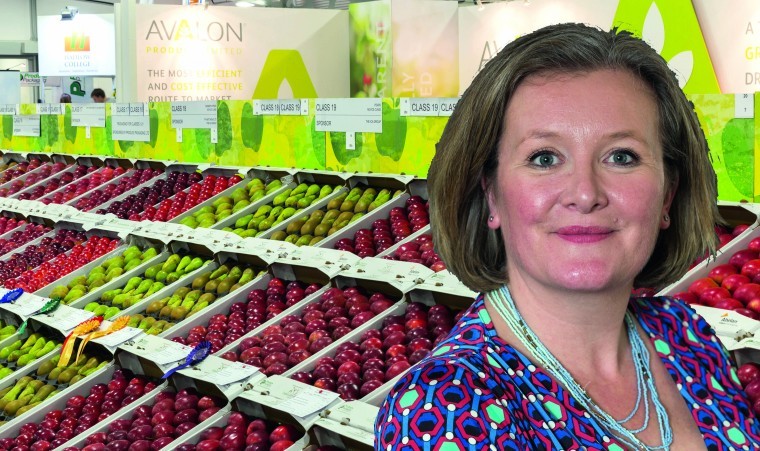Crop estimating is hard enough in a normal year, but this year exceptionally so – frost damage, large fruit, hailed fruit, small fruit… the list goes on. What is clear is that it is a year for good flavour. Our retailers are on our side with almost all moving their specifications to ensure a larger proportion of fruit makes it on to the shelves. Prices are reflecting the rising cost of production and that growers will have done well to get good fruit in the bin this year. What we also see is that there has been a challenge for many in picking their crop – many farms have struggled to keep up with the early start, the rapidly ripening fruits and not quite enough people to pick it all.
If you could see the press reporting across the world you would see a picture of a nation failing economically and politically, besieged by radicalised young people and deeply distrusting of anyone, very unwelcoming in fact. This image of our nation is reflected in the numbers who failed to arrive for harvest contracts this year, preferring to stay in other parts of Europe. With almost parity between pound and euro why on earth would they want to come to somewhere that steadfastly refuses to acknowledge how essential they are, who publically states how unwelcome they are and who has a proportion of the population who berates harvest workers telling them to go home. Part of this challenge is also that in top fruit we are very dependent on workers moving to us from the soft fruit sector and there are also reports of workers hitting the UK tax threshold and heading home at that point. Next year will be harder, with a number of EU nations raising minimum wage to around the €10/hour we are going to struggle further.
The NFU’s statement that there would be crops rotting in the fields was received with some scepticism in some quarters… this is closer than you think, there is certainly top fruit that has been picked late due to the lack of labour.
One place that is investing time and human collateral in investigating some of the post Brexit challenges for farming businesses is the University of East Anglia. Prof Andrew Fearne (a Kent man) has recently moved to the Norfolk Business School taking with him much of the Dunn Humby data analysis work (this data comes from the Tesco Clubcard, a tool for market analysis that has much of its development in Andrew’s previous role). An initial stakeholders’ meeting identified five areas of potential investigation:
-
Managing Risk and Uncertainty – exchange rates, access to and retention of labour (skilled and unskilled), commodity price volatility, the removal of subsidies to agriculture, food security and the availability/distribution of water.
Market Development and Market Access – Brexit will create opportunities for developing new markets and distribution channels – locally, regionally, nationally and internationally.
Distribution and purchasing – developing overseas markets, support networks for SMEs and producer collaboration.
Labelling and regional identity – How much is the average British consumer bothered about provenance?
Access to funding – Life for farming after the current subsidy programme.
I’ll keep you posted on how this develops, it should be a very interesting piece of work.
And I hope to see you at the National Fruit Show, this year on 25-26 October, we moved the date to ensure that Braeburn growers could still make the event. Interesting choice for one of the earliest harvests on record!




